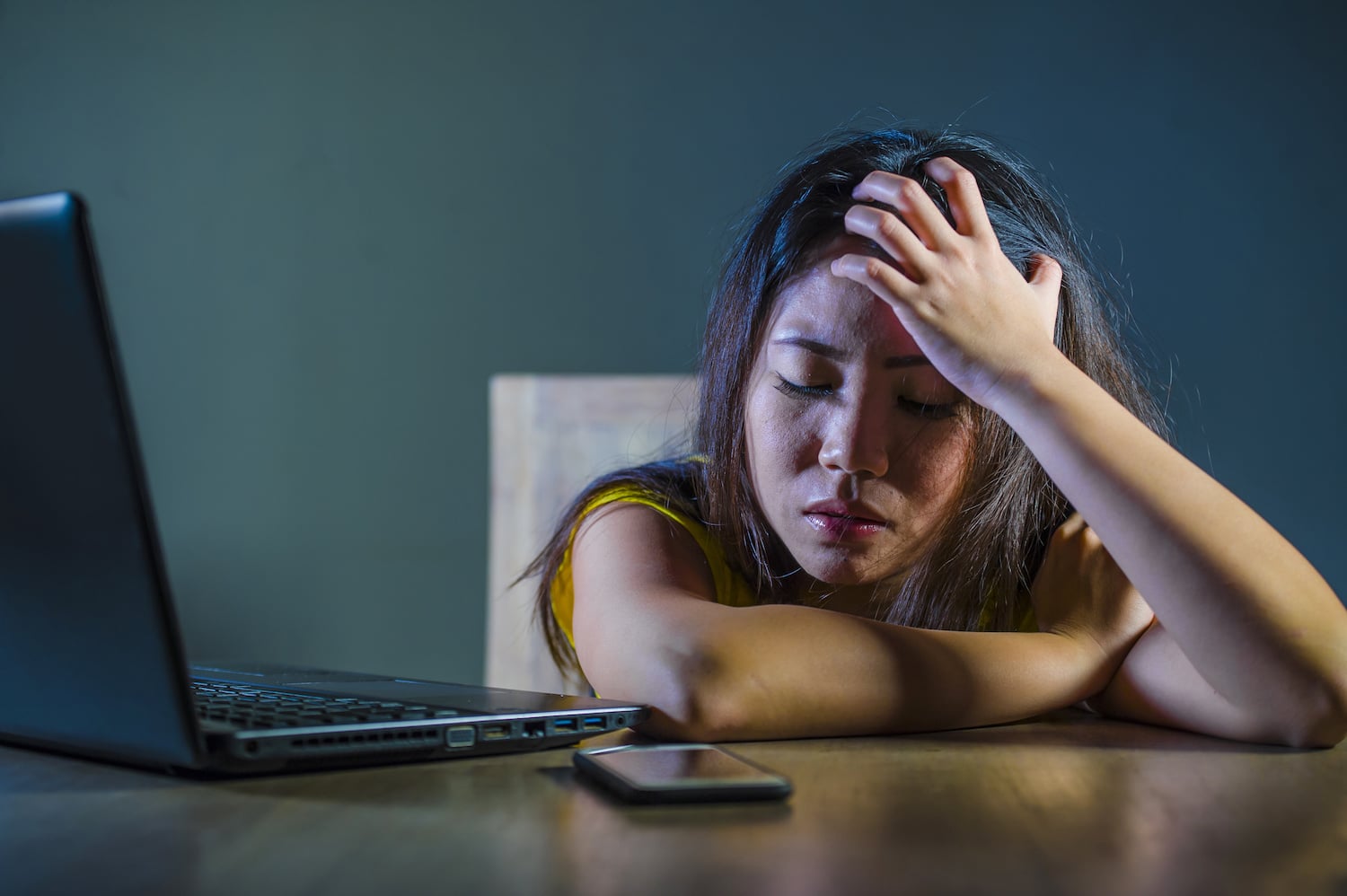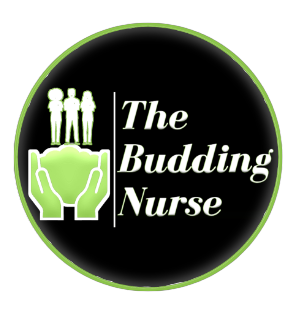All Kate wanted was to express herself, have fun and blend in. I wouldn’t say she took the wrong path, she just made a wrong turn, and she ended up in a situation she didn’t expect!
Let me tell you about this young lady, Kate. She is a youth like you, figuring out life and trying to live her best. She came to me completely torn and confused, nothing like the joyful, optimistic girl she used to be. I had never seen her so depressed, stressed, and anxious at the same time. She didn’t know who she was anymore and she just wanted me to help her figure things out. So, I began asking her some questions and before long, we got to the root of the matter and found the cause to be the wrong use of social media.

Now, don’t get me wrong. The internet, especially social media, has a plethora of benefits if you use it the right way. In the beginning, Kate enjoyed these benefits.
She kept up to date with the wide range of information provided by the Internet. She connected with amazing people and even reconnected with old friends and acquaintances, she was having fun and being entertained by the relaxing content. So, it wasn’t all bad for Kate after all.
However, she made a mistake by throwing herself in way too deep that her entire life revolved around the internet. She began comparing herself with people on social media and striving to be like them. She said, “Everyone seems to have a perfect life, but mine is far from perfect, I can’t appreciate myself anymore because everyone is better than me!” She visited the wrong sites and started consuming unhealthy content and it made her feel like trash.
Due to negative pressure from others, she started engaging in wrong acts, and every time she posted, she was attacked by cyberbullies, It was terrible. She knew she was spending too much time on social media and it was hurting her. She had become stressed and depressed, a shadow of her former self. She sought comfort but only felt lonelier than ever.
When she knew she couldn’t take it anymore, she came to me, pouring out all her pain and frustration and seeking help. So I gave her a simple self-distancing technique where she had to stay away from social media for a while. We knew the cause of the problem and we decided to address it specifically.
I advised her to live off social media for some time, so she could figure things out and see herself for who she was. I encouraged her to build her offline relationships and have more physical conversations and friendships where she could just be herself regain her self-esteem and confidence, get better and become her old joyful self again.
This would work for anyone who finds himself or herself drowning in social media addiction and experiencing some form of negative mental effects, like in Kate’s case. But it’s better to prevent these occurrences than try to fix them. As they say, prevention is better than cure.
We can’t deny the fact that it’s extremely useful to us as students and it has several advantages. So, no one is asking you to delete your social media accounts. However, there are certain measures you can take to prevent the negative effects of social media and the internet at large. Here are some of them below:
1. 𝐒𝐞𝐭 𝐜𝐥𝐞𝐚𝐫 𝐫𝐞𝐬𝐭𝐫𝐢𝐜𝐭𝐢𝐨𝐧𝐬 𝐟𝐨𝐫 𝐲𝐨𝐮𝐫𝐬𝐞𝐥𝐟: You want to make sure your goals are not abstract, but concrete. Don’t say something like, “I will spend less time on social media”. Instead, make it more like, “I will use social media for only 2 hours per day.” That Makes sense, right?
2. 𝐔𝐬𝐞 𝐬𝐨𝐟𝐭𝐰𝐚𝐫𝐞-𝐛𝐚𝐬𝐞𝐝 𝐬𝐨𝐥𝐮𝐭𝐢𝐨𝐧𝐬 𝐭𝐨 𝐥𝐢𝐦𝐢𝐭 𝐲𝐨𝐮𝐫 𝐚𝐜𝐜𝐞𝐬𝐬: For example, you could use an app to block or limit your access to social media on your phone during times when you should be doing something productive like studying or even sleeping. (I recommend an app called Stay Focused, It really helps!
3. 𝐅𝐢𝐧𝐝 𝐚𝐥𝐭𝐞𝐫𝐧𝐚𝐭𝐢𝐯𝐞 𝐚𝐜𝐭𝐢𝐯𝐢𝐭𝐢𝐞𝐬: If you find that you use social media more because you’re bored, try replacing it with other activities that are more meaningful and enjoyable.
4. 𝐀𝐯𝐨𝐢𝐝 𝐮𝐧𝐡𝐞𝐚𝐥𝐭𝐡𝐲 𝐜𝐨𝐦𝐩𝐚𝐫𝐢𝐬𝐨𝐧𝐬: Even if it seems like many other people are leading amazing lives on social media, that doesn’t mean that is the case.
5. 𝐔𝐬𝐞 𝐬𝐨𝐜𝐢𝐚𝐥 𝐦𝐞𝐝𝐢𝐚 𝐚𝐜𝐭𝐢𝐯𝐞𝐥𝐲: This involves things such as meaningful communication with others, giving value, etc.
6. 𝐁𝐞 𝐚𝐮𝐭𝐡𝐞𝐧𝐭𝐢𝐜: Express yourself honestly without trying to imitate or please anyone.
7. 𝐂𝐨𝐧𝐬𝐮𝐦𝐞 𝐨𝐧𝐥𝐲 𝐡𝐞𝐚𝐥𝐭𝐡𝐲 𝐜𝐨𝐧𝐭𝐞𝐧𝐭.
8. 𝐁𝐮𝐢𝐥𝐝 𝐦𝐨𝐫𝐞 𝐨𝐧 𝐲𝐨𝐮𝐫 𝐥𝐢𝐟𝐞 𝐨𝐮𝐭𝐬𝐢𝐝𝐞 𝐬𝐨𝐜𝐢𝐚𝐥 𝐦𝐞𝐝𝐢𝐚: Build quality offline relationships and better physical conversations.
If you find you are being negatively influenced and affected, you may have to take a break depending on how extreme it is. Remember, it is better to avoid the dangers of social media usage than to be a victim. Your mental health is important for every area of your life, especially your academics as a student.
Choose to protect it today!

Add a Comment